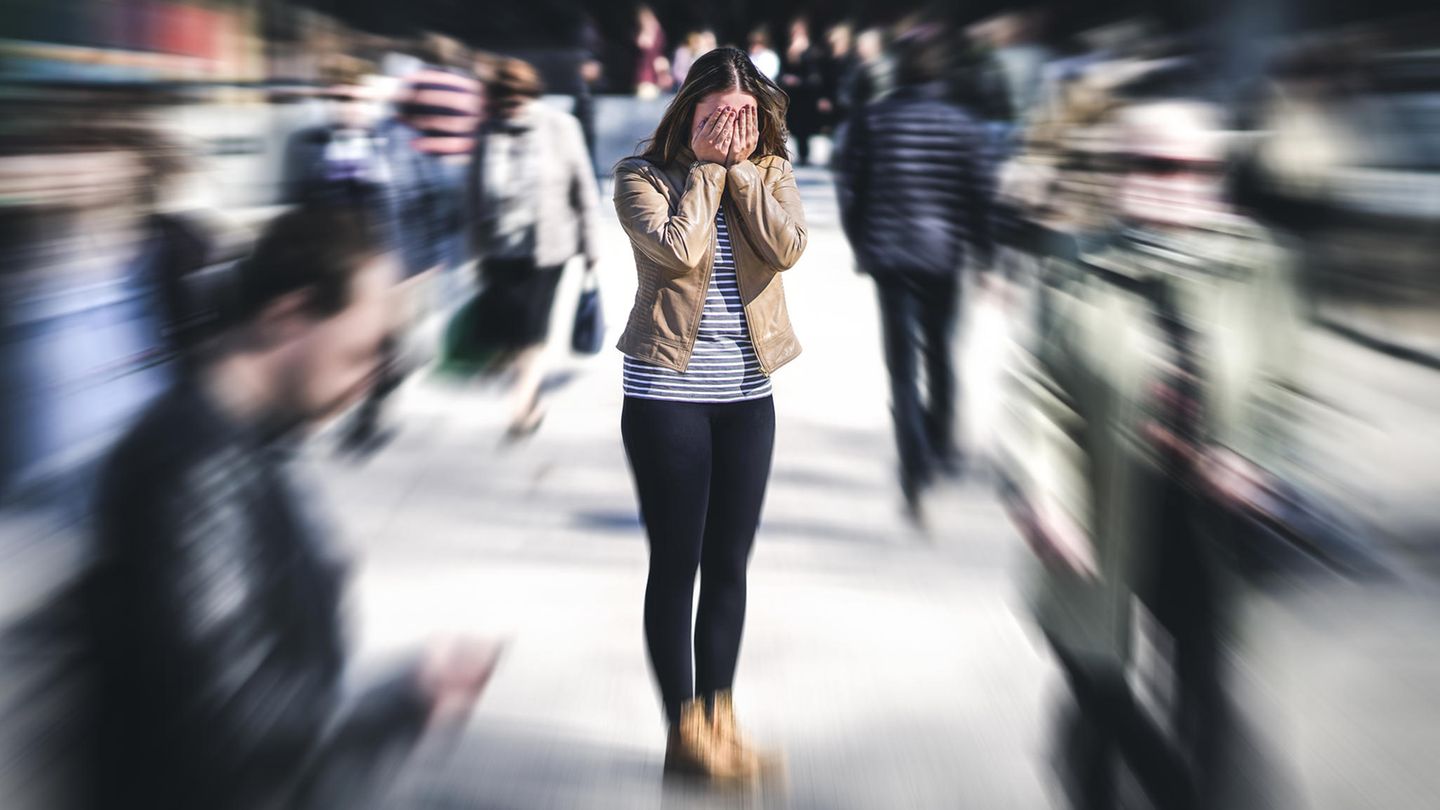People with a mental illness die far more often from Covid-19 than other infected people. That is the result of a new study. And: the risk of death increases with the severity of the disease.
Some become infected with the coronavirus and don’t even notice it, while others become so sick that they die from it. Researchers around the world are trying to find out why people react so differently to the infection. One factor that has a significant influence on the course of the disease is the mental state. As a new study published in the trade journal has found, people with mental illnesses die almost twice as often from Covid-19 than other infected people.
The study was based on an analysis of 16 existing studies that were carried out between December 2019 and June 2020. These had examined the health data of more than 19,000 people from seven countries on three continents. The researchers come to the conclusion that the risk of death in mentally ill people is 1.8 times higher than in mentally healthy people. If there is a serious mental illness such as bipolar disorder or schizophrenia, the risk was even 2.3 times higher.
Increased risk of death
It is now known that, among other things, age and various underlying diseases can promote a severe course of the disease. It writes that the risk of a serious illness from 50 to 60 years of age increases steadily and that older people in particular become more seriously ill after an infection because the immune system reacts less well. In addition to underlying diseases such as diabetes, cancer and cardiovascular diseases, being extremely overweight and smoking also seem to increase the risk.
If such factors are included in the analysis, the risk of death for people with mental disorders decreases, but it is still far higher than that of people without such disorders. In the case of severe mental illnesses, they still had a 1.7-fold risk. If you put all mental illnesses together, the risk is 1.4 times as high. The analysis included patients with depression, anxiety, bipolar disorder, schizophrenia and personality disorders, as well as patients with eating disorders. Addicts were also included, as they often also suffer from mental illnesses.

There was no precise breakdown of risks according to individual illnesses. For example, in the studies, cases of acute depression and cases of recurring episodes of depression were grouped under the umbrella term depression. “However, it is likely that patients with these different forms of the disorder have different COVID-19 mortality risks,” the researchers write.
In one for severe Covid 19 disease courses, the RKI lists severe mental illnesses in 18th place. Accordingly, patients with haemato-oncological diseases form the most important risk group, in second place are people with metastatic, solid oncological diseases. Both cases are cancer diseases. Third are people with dementia.




